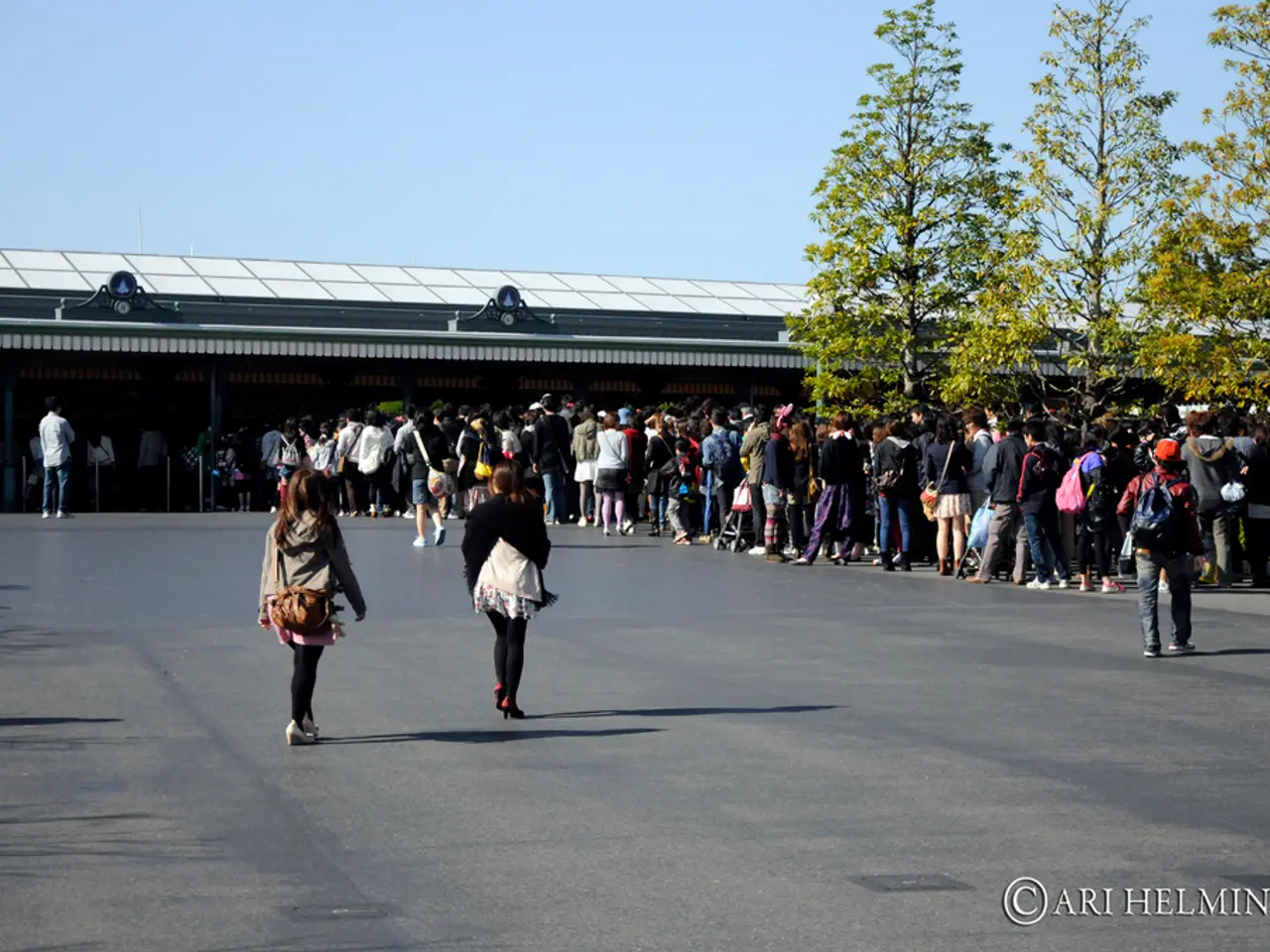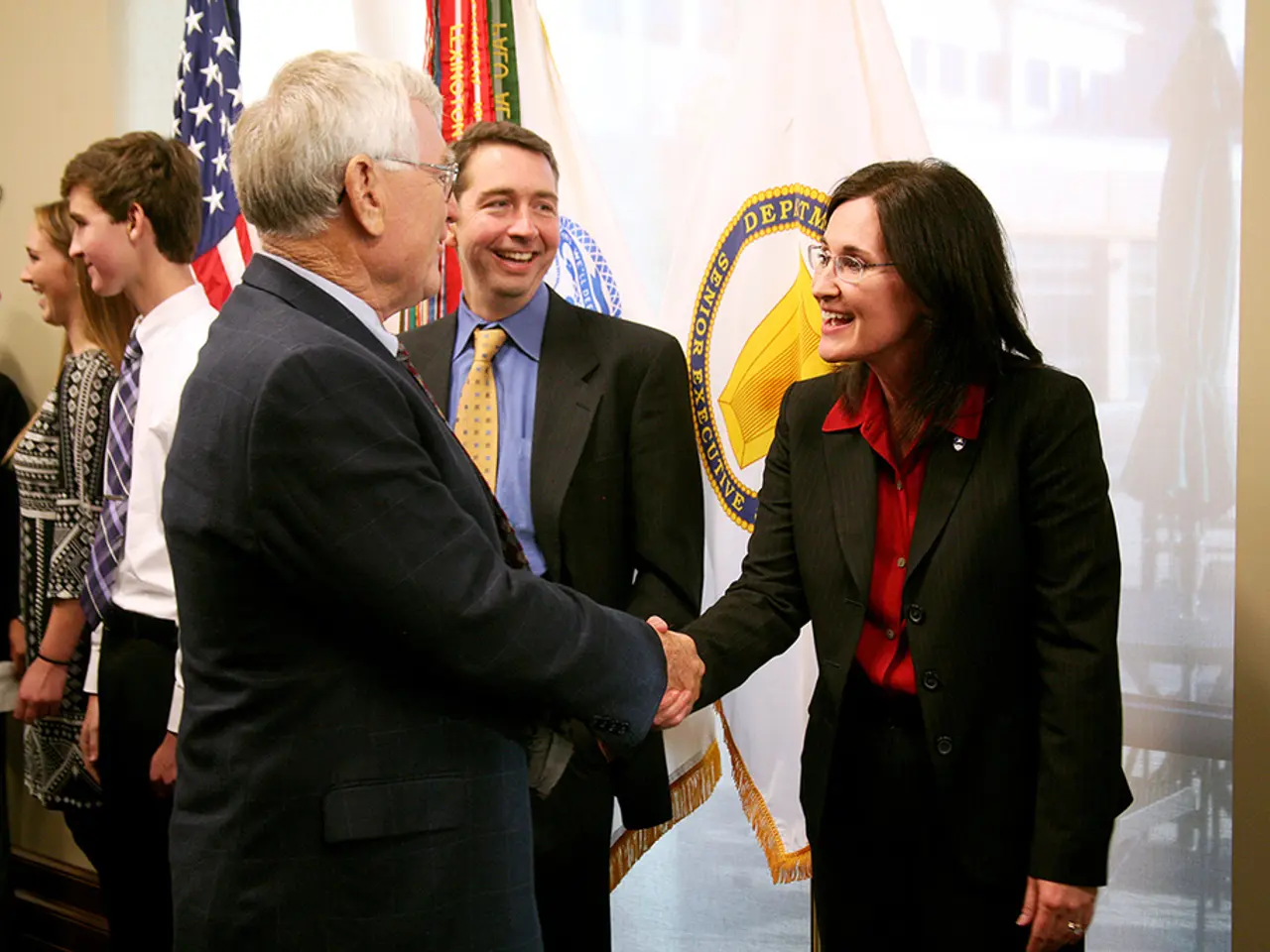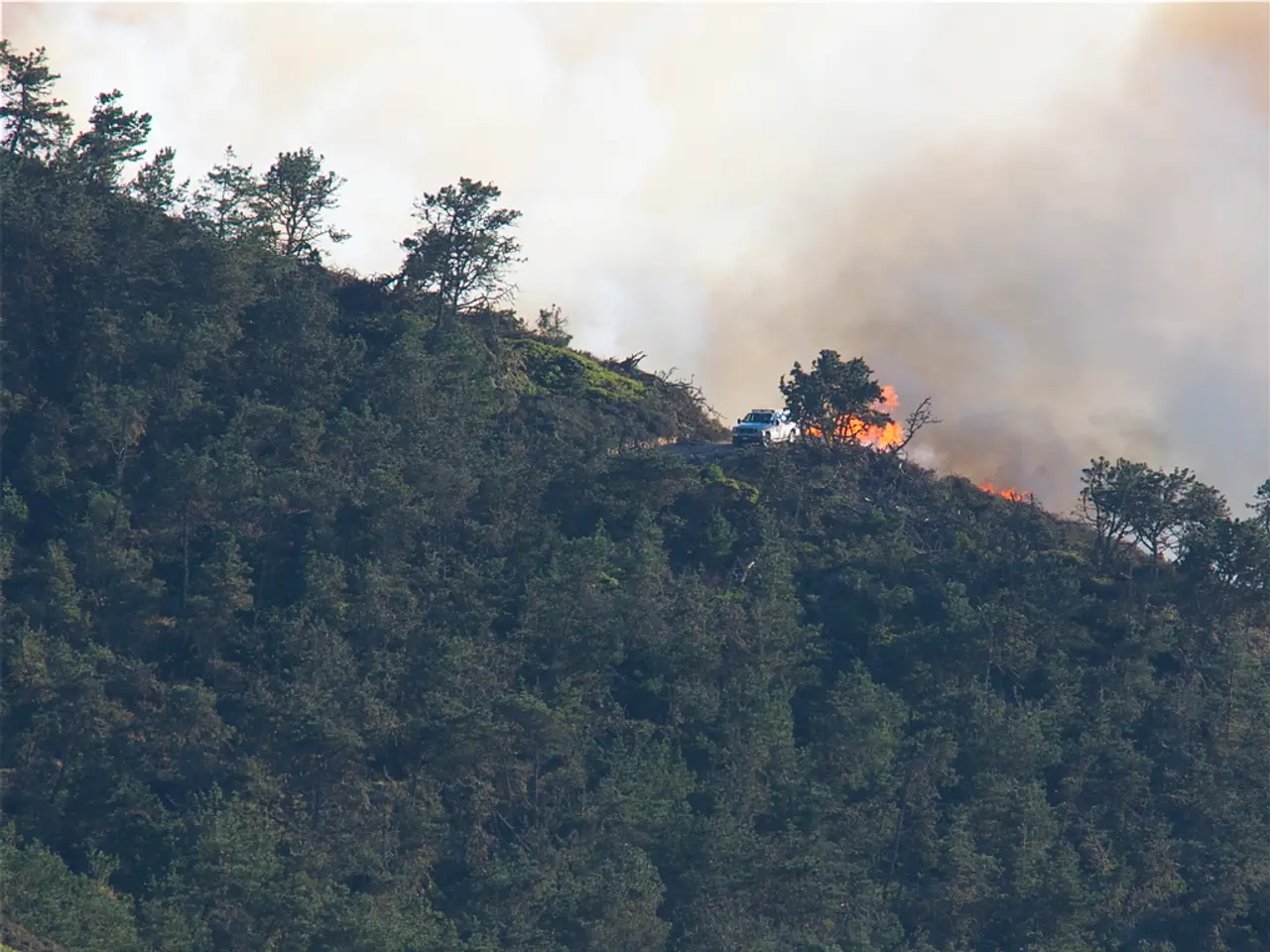Central Administration in Turmoil; No Promotions for Officers After Seven Years (Dilip Cherian)
In a surprising turn of events, the Vice-President of India, Jagdeep Dhankhar, has abruptly resigned, leaving his secretariat staff without a transition period [1][6]. This sudden action for a constitutional office of such stature has sparked debate and raised concerns.
Meanwhile, the Central Secretariat Service (CSS), often referred to as the nervous system of the Indian government, is facing a significant delay in cadre reviews and promotions compared to other central services [1][3][5]. The 4th Cadre Review, due since 2018, has not been finalized despite the formation of a Cadre Review Committee (CRC) in October 2022, leading to over 7 years of cumulative delay and stagnation for CSS officers.
This delay violates official guidelines mandating cadre reviews every five years and has caused many officers to wait excessively long for promotions. Some under secretaries have been stuck for over 12 years awaiting promotion to deputy secretary, and assistant section officers have not received their first promotion even after 10 years of service [1]. This contrasts sharply with other services whose cadre reviews are typically completed within about one year, leading to questions about singling out CSS for indifference.
The CSS Forum has appealed directly to the Prime Minister’s Office and the Cabinet Secretary to expedite the cadre review process, restore parity with other Organised Group 'A' Services (OGAS), and initiate timely promotions to relieve the "existential crisis" faced by CSS officers [3][5]. Reasons for the delay include bureaucratic inertia and a backlog of pending decisions—the 3rd cadre review took years before implementation, and the 4th cadre review is stalled despite committee formation [2][3].
The prolonged stagnation is especially critical because CSS officers play a key administrative role supporting government functions, and the delay also affects manpower availability in ministries [1]. In addition, there is a reported demand for 2,500 more CSS officers across 24 departments due to staff shortages [7].
In a separate development, civil servants, or "babus," are turning to podcasts to share stories that were once confined to office corridors [8]. These podcasts serve as a means of storytelling, image crafting, and recounting crime for the participating civil servants. However, the trend of babus becoming social media influencers has raised questions about their expected role as faceless public functionaries [9].
As the CSS grapples with its cadre review issues, the DoPT, responsible for personnel policy, needs to ensure CSS officers are treated with the same respect as other civil service members [10]. The real test for babus isn't in telling tales but in doing the real work transparently. The sudden departure of Mr. Dhankhar and his staff suggests that his exit may not have been entirely voluntary [2], adding another layer of complexity to the ongoing discussions surrounding the Indian civil service.
- The delay in the 4th Cadre Review for the Central Secretariat Service (CSS) has sparked concerns about the fairness of policy-and-legislation and general-news, as this prolonged stagnation contrasts sharply with other services whose cadre reviews are typically completed within about one year.
- Amidst the ongoing debate over the delay in cadre reviews and promotions of the CSS, the sudden resignation of the Vice-President of India, Jagdeep Dhankhar, adds another layer of complexity to the Indian politics and general-news, raising questions about the implications for policy-and-legislation and the functioning of the Indian civil service.








